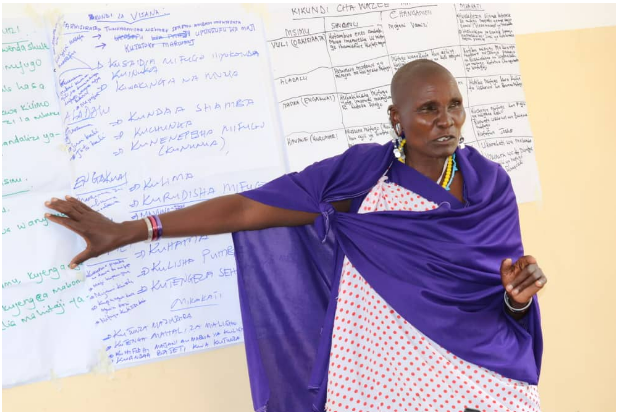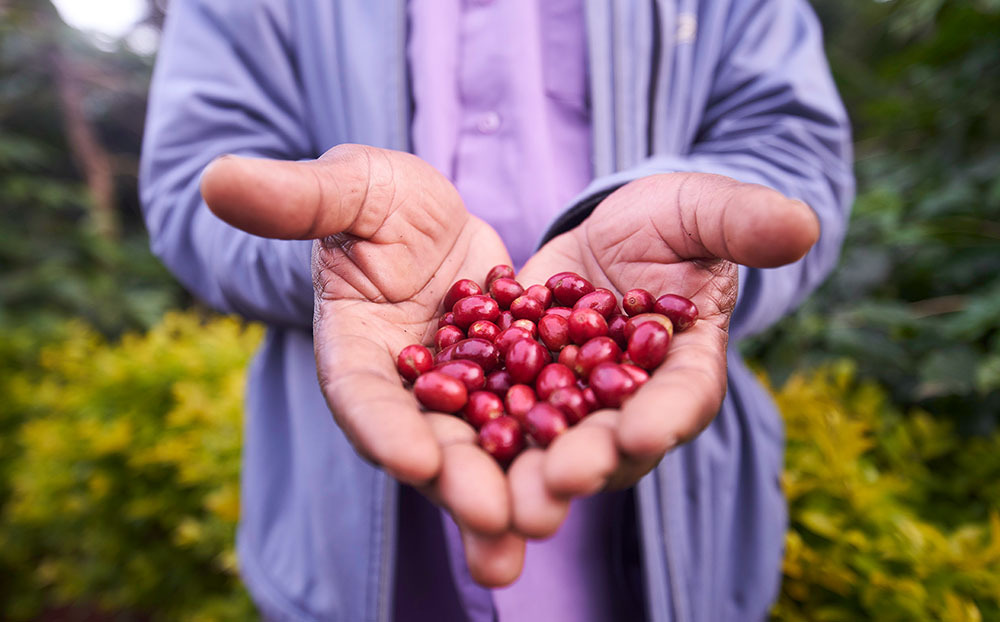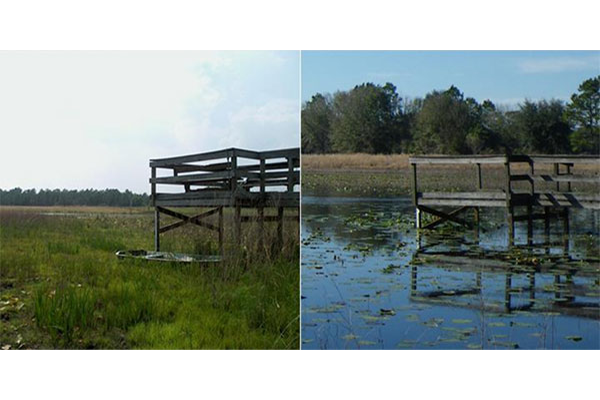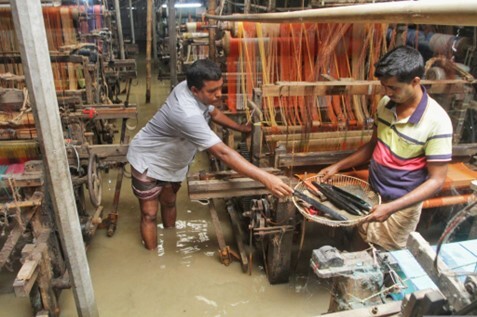
By Global Center on Adaptation
Issue
Northern Tanzania’s arid landscape is particularly vulnerable to climate change-related hazards such as droughts and flooding. This environment threatens livelihoods and creates food insecurity. Meanwhile, tourism, agricultural expansion, and mining threaten traditional pastoralist rangelands and pastures.
Members of the Indigenous Maasai community rely on pastoralism, a traditional cattle production system which relies entirely on natural pasture for animal rearing. However, land viable for pastoralism in Tanzania has been shrinking due to climate change, large scale acquisition of land for agriculture, mining, and elite tourism. Pastoralist men and women are equally exposed to climate change-related hazards. The women, however, have fewer opportunities to access productive resources or engage in alternative climate-resilient livelihoods. Women have traditionally been excluded from decision-making councils despite their intimate knowledge of the environment and landscape.
Solution
The PWC’s work advances women’s leadership skills and participation in decision-making forums, developing long-term economic revenue streams and building a platform for developing and implementing action plans supporting communities to mitigate climate change’s effects.
Overview
The Pastoral Women’s Council (PWC) empowers indigenous pastoralist women in northern Tanzania. Its work involves rights and leadership, women’s economic empowerment, enhancing access to quality education, health access, water provision, and climate resilience and adaptation. These women, whose valuable knowledge is often left out of adaptation and drought-mitigation discussions, are encouraged to create platforms that lead climate change adaptation movements in their communities, including rainwater harvesting and grass seed banks to prevent desertification. These actions enhance the women’s leadership capabilities and build their capacity to achieve equality as decision-makers. The PWC was recognized with a 2023 Local Adaptation Champions Award at COP28.
Details
The Pastoralist Women’s Council (PWC) is a nonprofit member organization based in the Tanzanian city of Arusha and working in northern Tanzania to achieve gender equality and community development through empowering indigenous Maasai women and girls. Its funding is sourced from national and international donors, development funding bodies, and fee-paying PWC members. The PWC operates in five districts with indigenous pastoralist communities: Maasai, Hadzabe, Sonjo, and Barabaig.
The districts span some 28,337 square kilometers and are home to more than 456,000 people, a majority of who depend on the land and natural resources to make a living. The land in these areas is arid and semi-arid, and particularly vulnerable to climate change-related hazards such as droughts and flooding, which threaten livelihoods and create food insecurity. At the same time, tourism, agricultural expansion, and mining threaten traditional pastoralist rangelands.
Gender dynamics
Althought Indigenous pastoralist women and girls work the land and help in livestock rearing, are taught to keep their dreams small and traditionally remain at home. Long droughts result in, men seeking work in the cities. Women are also excluded from community decision-making processes where men hold the power. These circumstances create hopelessness and powerlessness if women separate from their husbands, are widowed, or their rights are infringed upon.
As homemakers, women have an intimate knowledge of their surrounding environment, which has often ignored in drought mitigation and adaptation strategies. Both men and women are equally exposed to climate stressors, but women have fewer opportunities to access productive resources and alternate climate-resilient livelihoods and income streams.
The work of the PWC
Given these challenges, the PWC’s work has been instrumental in improving the livelihoods of women and communities. It focuses on six themes: women’s rights and leadership, where women are educated in leadership, their rights, and the law while given access to Women’s rights and leadership forums and legal aid to women’s rights cases. In long-term economic empowerment, its work includes training in income diversification means such as grass weaving, giving access to micro-credit and savings groups (village community banks), and offering entrepreneurship and small business workshops.
The PWC also offers scholarships to Maasai girls to access quaality education, provides mobile health clinics, establishes women’s rights and leadership forums, offers micro-loan opportunities for local businesses, drills boreholes, and trains paralegals. And its work extends to education development, providing scholarships to women and girls seeking tertiary education, helping women improve their basic literacy and numeracy, offering training for schoolteachers, and implementing a counseling program for schoolgirls.
Water management is crucial in these areas because of the aridity and sporadic rainfall. The PWC has funded borehole digging and provided training in rainwater harvesting and storage techniques. It encourages women and girls to join and contribute to local platforms and commitees that plan, implement, and monitor climate change adaptation techniques in their communities. These techniques include sustainable rainwater harvesting, solar panel installation, and the creation of grass seed banks crucial for preserving and regenerating pasture resources and preventing desertification.
Local Adaptation Champions Award at COP28
In recognition of its work, the PWC won a 2023 Local Adaptation Champions Award at the COP28 Climate Summit, receiving €15,000 and the chance to attend the Adaptation Fund’s readiness events.
His Excellency Abul Kalam Abdul Momen, Minister of Foreign Affairs in Bangladesh and a member of the jury selecting the award winners, praised PWC’s broad range of aims: “This initiative addresses the needs of a vulnerable community whose exposure to climate hazards and susceptibility to climate risks are relatively higher.”
More details are available from the Global Center on Adaptation.




